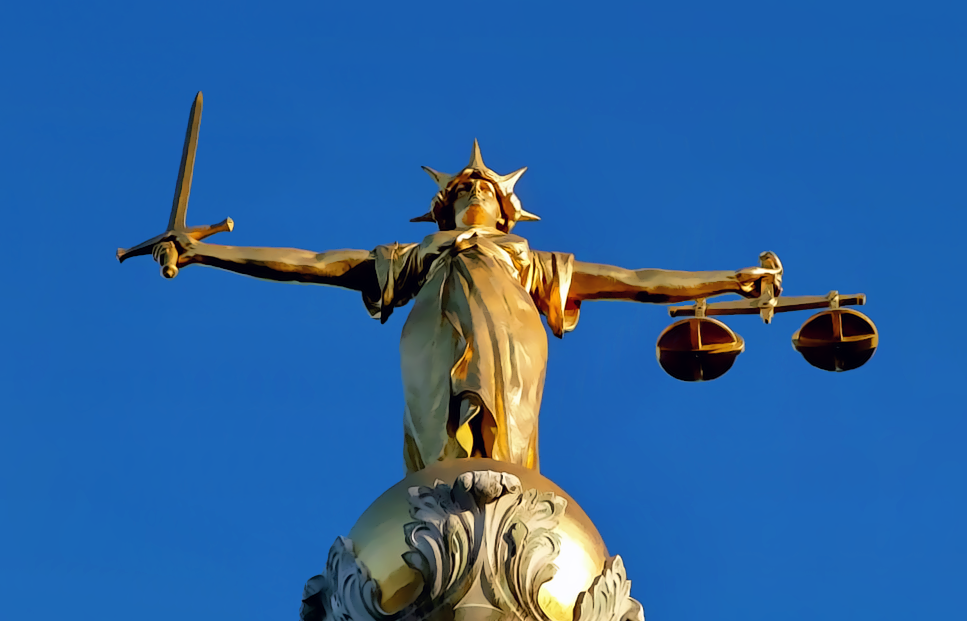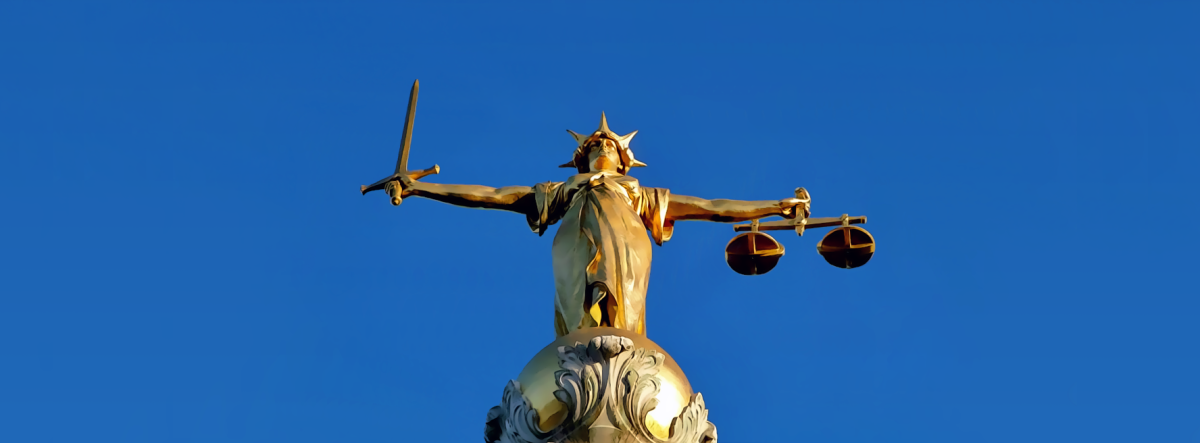Syrian civil war fighter in court to stop government revoking his nationality


A court is due to decide whether a 25-year-old man who fought in the civil war in Syria should have his passport revoked even though he is no longer seen as a terrorist threat.
Maher H. has been in an 18-month legal battle to retain his Dutch nationality since the government adopted a policy of expelling as many Syrian combatants from the country as possible.
Maher has served two years of a four-year prison sentence imposed in 2014 for committing terrorist offences. He initially claimed he had worked for a Turkish aid agency in the conflict zone, but admitted during his appeal hearing that he had fought on the battlefield.
In 2018 his name was removed from the national terrorism watchlist, indicating that the authorities no longer regard him as a threat to security.
In an interview with NRC, Maher said he had co-operated with efforts to reintegrate him into society, including therapy to deal with his trauma, and had found a job with a telecoms company.
Moroccan nationality
Maher has a Moroccan passport as well as a Dutch one, as Moroccan citizens are banned from renouncing their nationality. ‘My family, my two children live here,’ he said. ‘What am I supposed to do in Morocco? I’ve absolutely no idea.’
He said the prospect of having to leave was interfering with the parole board’s efforts to rehabilitate him. ‘Every conversation I had with them focused on how I saw my future in the Netherlands. They encouraged me to apply for jobs and courses. But how can I work on my future if I’m about to be thrown out of the country?’
Maher said he travelled to Syria as a ‘naive’ 19-year-old, after hearing stories of the atrocities committed by the country’s president Bashar Al-Assad. ‘I see the Syrian people as my Islamic brothers. In my religion it is a duty to help them.
Rebels ‘like gangsters’
He quickly saw that the ‘romanticised’ picture he had been sold of the rebels’ struggle bore little relation to reality. ‘They behaved like gangs. Instead of fighting Assad, they fought each other to claim the upper hand in an area. Citizens had to flee their homes because of their internecine rows. That wasn’t what I signed up for.’
A judge is due to decide on Monday if a full hearing should be heard of Maher’s case. His lawyer, Flip Schüller, has gathered reports from official sources including the security service AIVD and parole supervisors in support of his argument that revoking Maher’s passport would render the time and effort spent on his rehabilitation worthless.
A spokesman for the parole service told NRC: ‘In general, we regard the move to revoke Dutch nationality as detrimental to the reintegration process.’
The justice ministry did not comment to the newspaper because the case is ongoing.
Thank you for donating to DutchNews.nl.
We could not provide the Dutch News service, and keep it free of charge, without the generous support of our readers. Your donations allow us to report on issues you tell us matter, and provide you with a summary of the most important Dutch news each day.
Make a donation